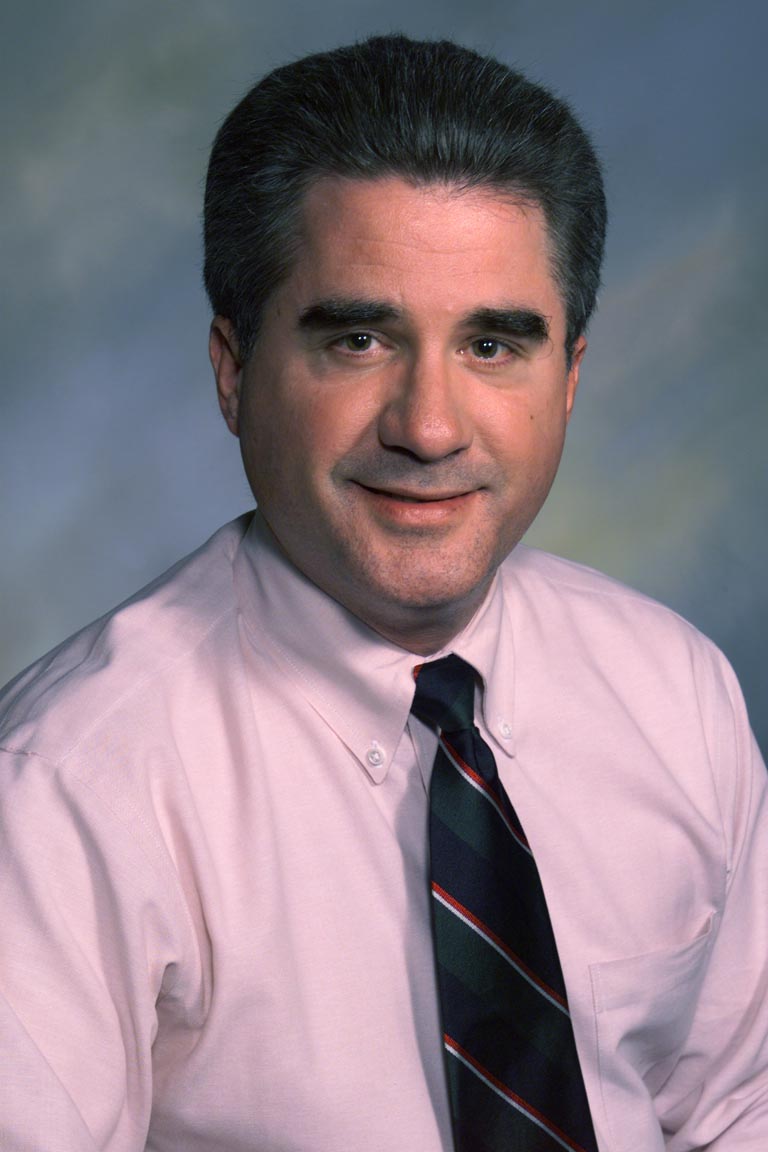
RICHMOND, Va. (BP)–Southern Baptists got out of the medical missions business overseas when they stopped running mission hospitals, right?
Wrong.
If the reports from missionaries attending the Global Medical Alliance meeting July 16-22 (see related stories in today’s Baptist Press) are an accurate gauge, Southern Baptist medical mission work may be entering a new era:
— A missionary in East Asia uses medical volunteers, health screenings, eye clinics and other health services to gain government permission to get into the rural villages and homes of the unreached people group of 17 million she’s trying to access. The health outreach, coupled with training of local believers to take over the work, helps launch some 500 churches in three years.
— To reach indigenous tribes in South America devastated by alcoholism, another missionary combines Bible storying with simple methods designed to help alcoholics stop drinking.
— A missionary doctor takes a team into one of the most hostile and conflict-torn areas of Northern Africa, holds medical clinics, prays and successfully treats many sick people -– including a boy nearly dead from a lethal disease. The team’s compassion wins hearts and minds, enabling the doctor to share the Gospel with influential community leaders. “We were like rock stars,” said the doctor. “Whenever we walked through town, people would say, ‘You are the ones who care for Africans and healed that boy. You have told us the most important thing we could ever hear.'”
— A missionary physician in South Asia who continues to consult with a Baptist hospital uses new “training for trainers” methods to help hospital evangelists and other Baptist workers multiply church starts in a region that is home to 57 million people. Their vision: a church within walking distance of every person in the region’s 37,000 villages.
More than 90 medical missionaries attended the Global Medical Alliance conference at the International Mission Board’s International Learning Center in Rockville, Va. They spent the second half of the meeting interacting with about 200 Southern Baptist medical professionals from churches across the nation. They spent the first half interacting with each other — and they expressed surprise at the many ways health-care ministries are opening doors for the Gospel.
“I knew what was happening in my area, but I didn’t realize the impact medical missions is having on other areas,” said a physician and medical strategist based in Asia. “We’ve all been blown away by the variety of things people are doing in health-care ministries. It used to be, ‘I work in a hospital,’ or ‘I work in a clinic’ or ‘I do public health’ and that was it.”
What unites most of the varied ministries is a commitment to work that leads to church multiplication, often among unreached people groups who cannot be accessed by other means.
“Our purpose is church planting,” stressed the medical strategist. “The old debate was institution versus non-institution or clinic work versus public health. The emphasis now is: Do you have a strategy that is moving toward church-planting movements?”
Many medical missionaries felt marginalized by changes in International Mission Board strategic priorities over the last decade or two. Those years have brought the turnover of mission hospitals to national Baptists or other local entities -– and a far more intensive focus among all IMB missionaries on evangelizing unreached peoples through church-planting strategies.
“A lot of medical missionaries thought the escalator had stopped,” reflected a missionary dentist based in South America. “Instead of seeing this as being freed from some of the institutions we had been tied to, we kind of gave up at first. It scared me in a lot of ways, because I knew there was going to be change. But in the long run, it was an opportunity.”
An opportunity for what? For using critical skills to go places others can’t go and touch people others can’t touch.
“Every time Jesus sent out His disciples and apostles, He always told them to heal the sick and preach the Gospel,” said physician Brad Cochran,* a medical mission strategist based in Northern Africa and the Middle East. “It’s not that we heal so that we can preach. We’re not ‘bait.’ We heal and preach together in obedience to the commands of Jesus. It’s like a two-handled plow: You heal, you preach and you push forward –- and God cuts the path so He can plant the seeds of the Gospel through His power.”
It plays out in what Cochran calls the “ABCs” of effective health strategies: A for Access to unreached areas. B for getting Behind closed doors. C for Caring for the needy. D for making Disciples. E for Empowering the church to multiply and reach other unreached areas.
Another medical strategist believes we are in a “unique time” in medical missions history, when health-care mission workers have opportunities to go to the “least-reached and the least-accessible” in places ravaged by war, AIDS, natural disasters, poverty, isolation. If they mobilize more of the thousands of Christian medical professionals in the United States to go with them, they can multiply their impact.
Missionary physician Rebekah Naylor, a veteran of 35 years of medical work in India, thinks Southern Baptist medical missions is emerging from its recent identity crisis.
“I think we’re moving beyond it,” she said. “Those of us who’ve been through all this are extremely encouraged. Things don’t happen overnight, but I really believe we are going to move into a new era in health-care missions.”
–30–
* Name changed for security reasons.
Listen to an audio version of this column here.
















